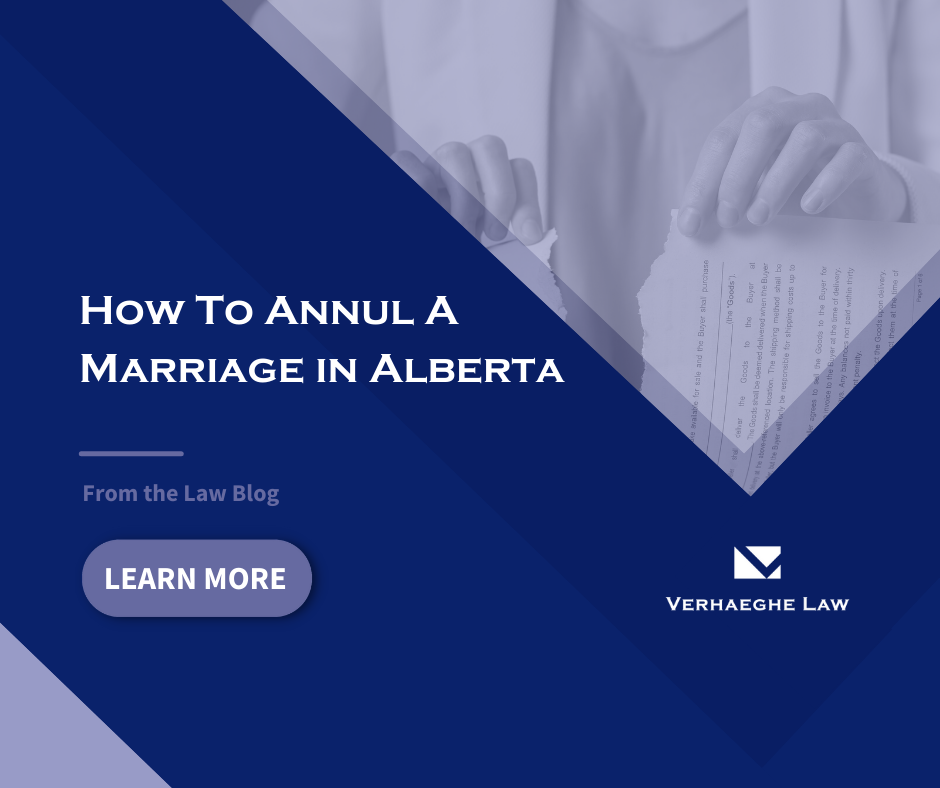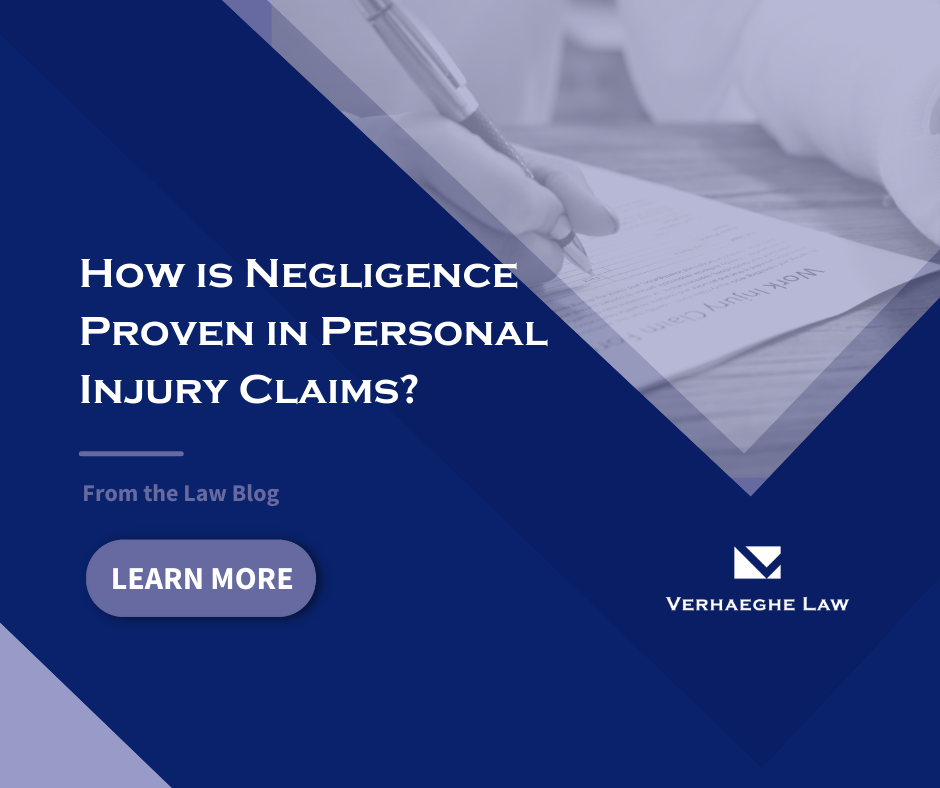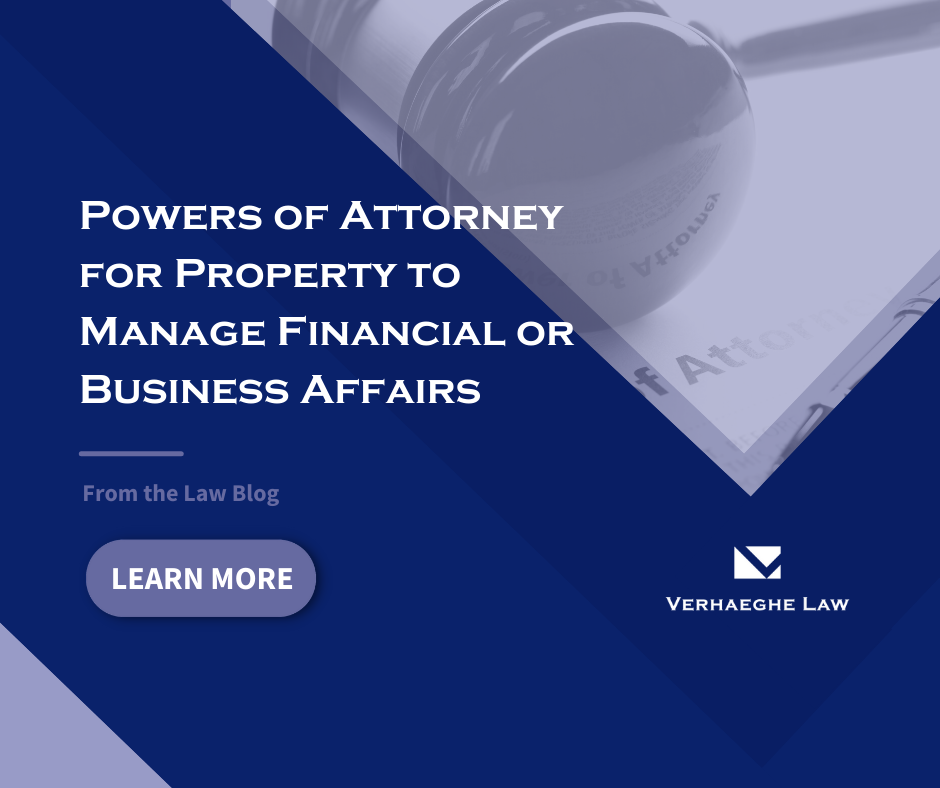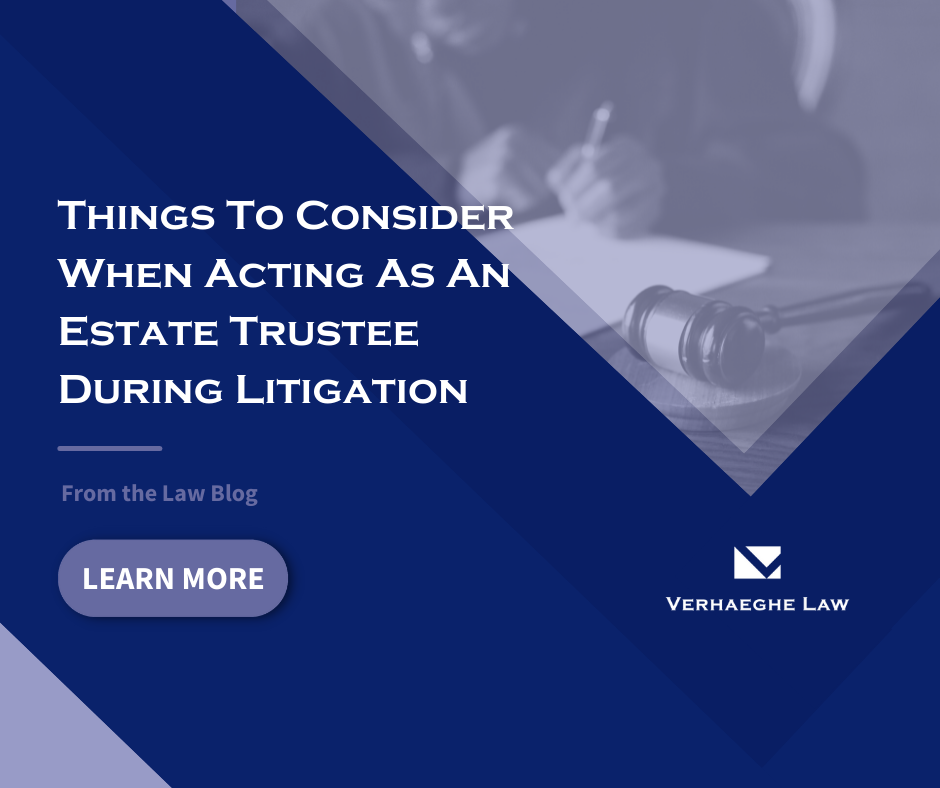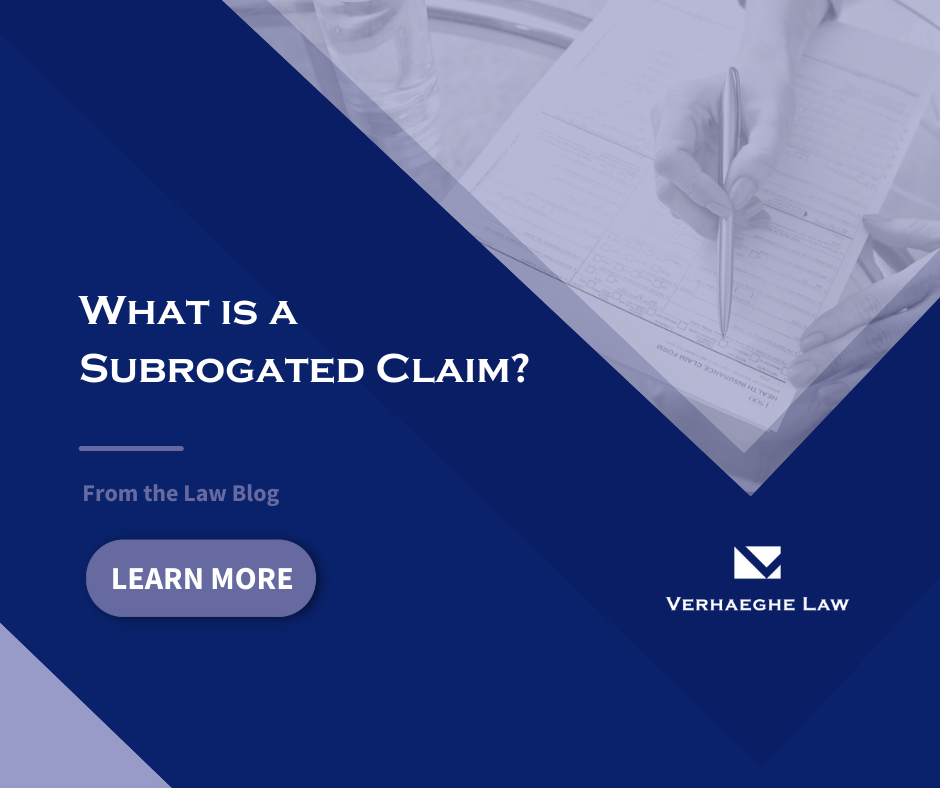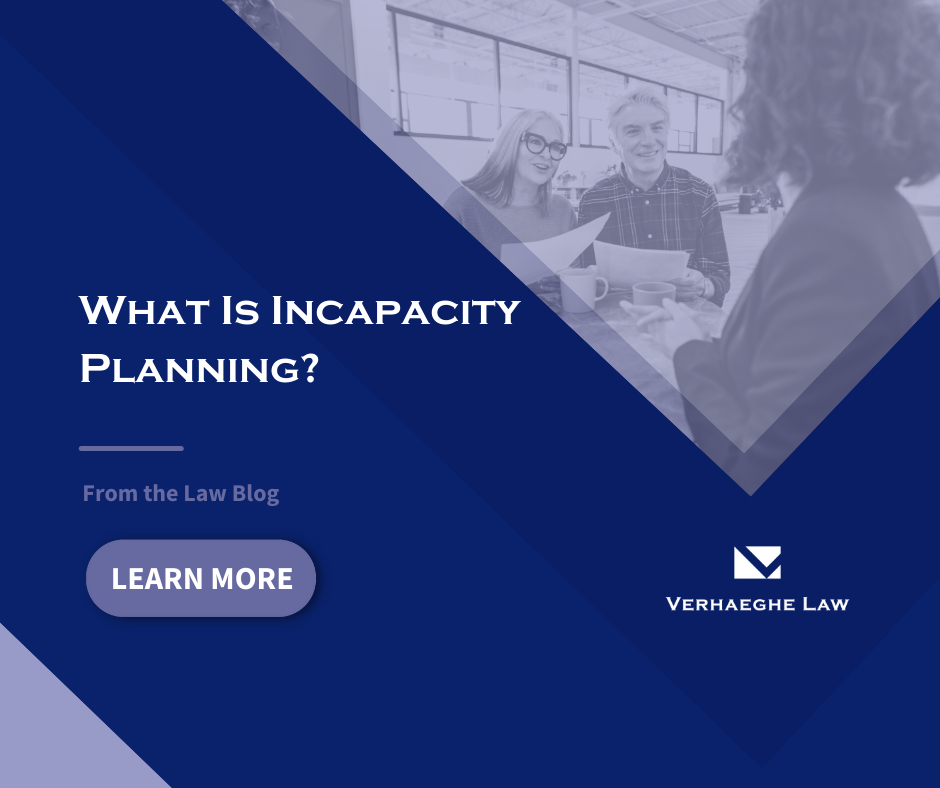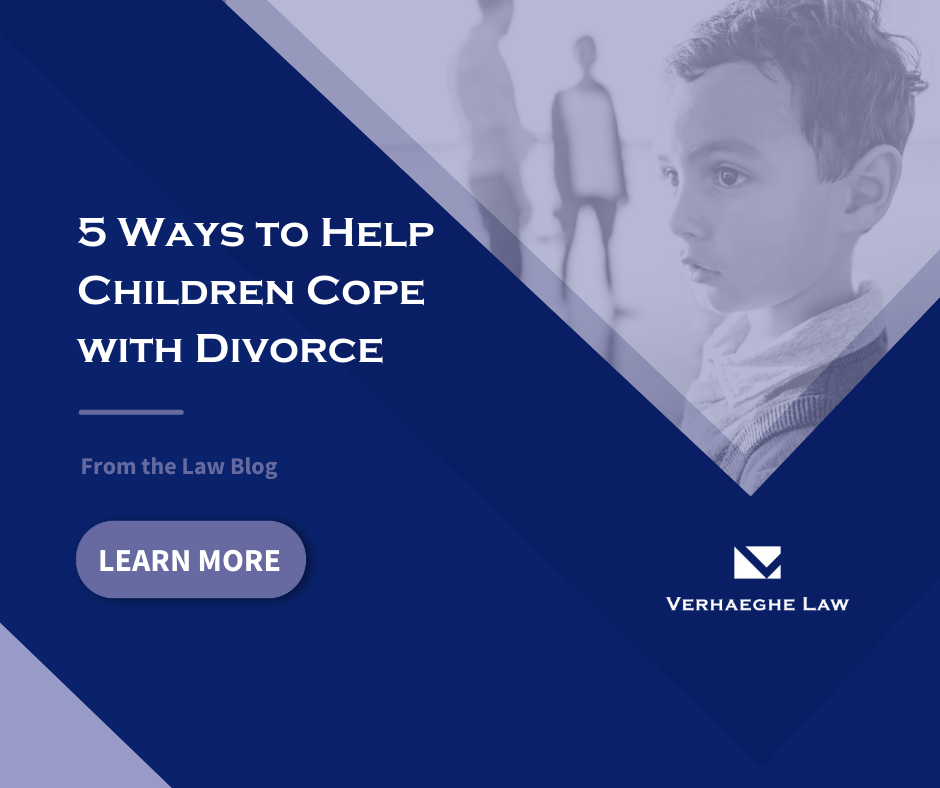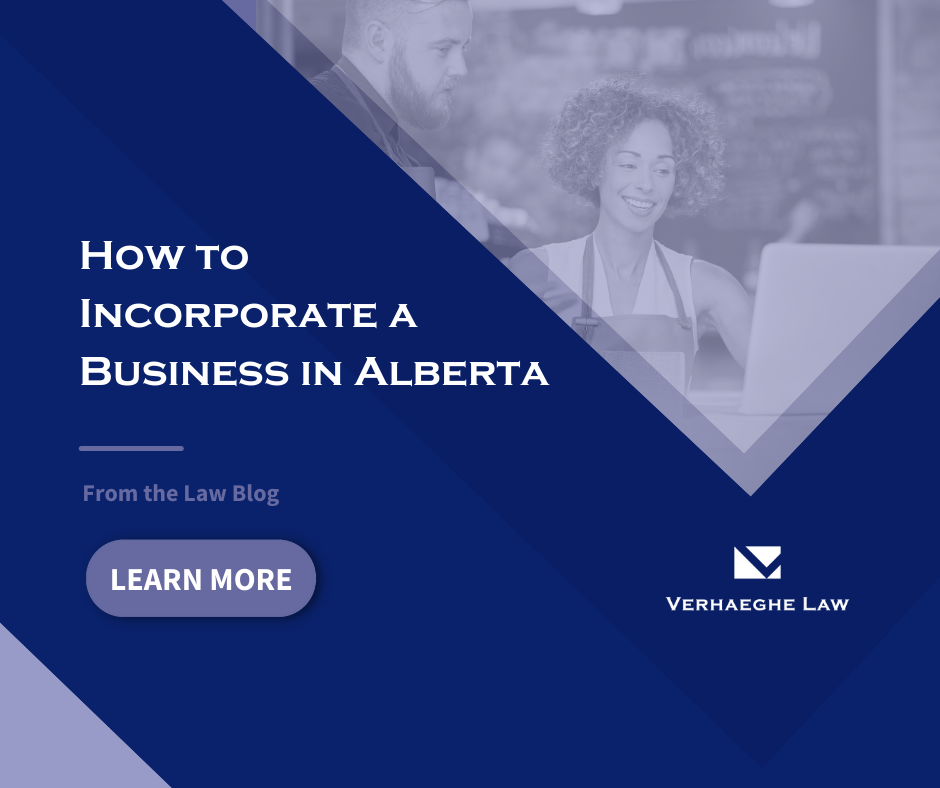Tips For Successful Co-Parenting After A Separation Or Divorce
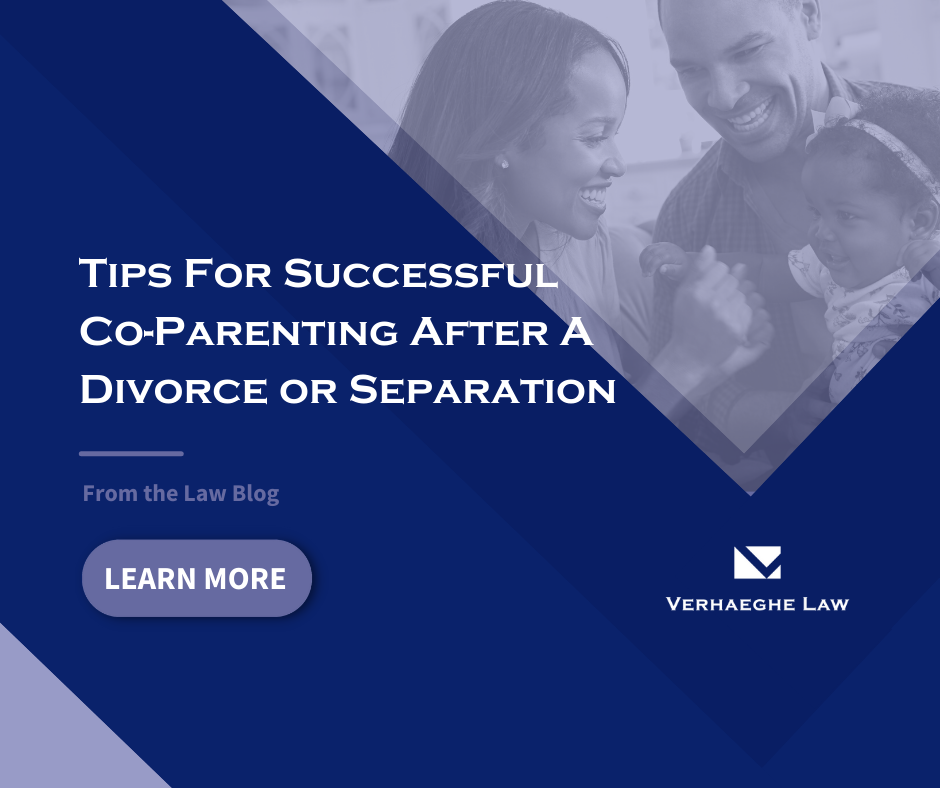
Co-parenting after a divorce or separation is different from parenting together as a couple. It can take work to make the transition. While the co-parenting relationship that you develop should always focus on the best interests of your children, it can take a variety of forms, depending on the relationship you have with your co-parent and with your children.
Our Edmonton family lawyers may be able to provide more tips for successful co-parenting after a divorce or separation.
Keep Your Children's Best Interests in Mind
Children are generally resilient, and are likely to cope well with their parents' separation - provided the parents make an effort to keep any conflict between them to a minimum.
When navigating joint custody, some tips to reduce conflict in your dealings with your co-parent include:
- - Keep communications brief, formal, and focused on the children.
- - Be polite and respectful when dealing with your co-parent.
- - Put aside your personal feelings towards your co-parent and concentrate on the best interests of the children.
- - Set ground rules about communications (for example, each co-parent will respond to emails within 24 hours, or you could set a regular schedule for communicating with the co-parent to avoid receiving several texts per day).
- - Avoid using sarcasm, especially in written communications, where misunderstandings can easily occur.
Get Professional Help
Developing an effective and healthy co-parenting relationship can take time and effort, but it does not need to be something you and your co-parent work on alone. Your family lawyer may be able to help ensure that your children's legal rights are taken care of, so that you can focus on parenting. Your lawyer can refer you to a number of co-parenting resources, including:
- - Alberta's Parenting After Separation course gives newly separated co-parents some basic tools for co-parenting.
- - Therapy for you and/or your co-parent (either together or separately, however you are most comfortable) may help you both learn to communicate in new ways that are necessary in order to co-parent.
- - Therapy for your children or you and your child together may help your child to cope generally and improve your communication with each other and help to solidify the expectations you have of each other now that the living situation and family dynamics have changed.
- - Parenting coaches, who are often mental health professionals, who work with co-parents to help them develop new strategies and problem-solving skills with respect to co-parenting.
- - Parenting coordinators, who may be lawyers, psychologists, social workers, or mediators. They help co-parents reach agreements about the children. If the parents agree, they may also act as arbitrators in the event the co-parents are unable to reach a particular decision.
- - Mediators and arbitrators can be helpful, particularly immediately after separation, when difficult and important decisions need to be made, such as where will the children live and what will be the parenting schedule. They may also be useful in the future if one co-parent proposes a major change affecting the children, such as moving with the children.
Contact Our Edmonton Family Lawyers Today for a Consultation
If you are separated or divorced and looking for support in shaping your co-parenting strategy, our Edmonton family lawyers would be happy to address your questions and help you and your family navigate this time of change. Contact us today to schedule a consultation and see how our family lawyers may be able to help you.
*Please note that the information presented in this article is not intended as legal advice. It is an introductory overview on the subject of co-parenting after a separation or divorce. For legal advice, please consult with a lawyer.

